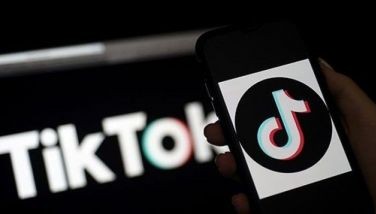Trial ends over how much BP should pay for Gulf oil spill
NEW ORLEANS — The latest phase of a trial to determine how much BP should pay in Clean Water Act penalties for the 2010 Gulf of Mexico oil spill — which could reach $13.7 billion — ended Monday, but a decision from the judge is not expected for months.
The trial closed after two weeks of testimony and arguments by lawyers for the Justice Department, which wants a high penalty, and BP, which wants a lower figure. Anadarko Petroleum Corp., a minority owner of the ill-fated well, was also part of the proceeding and is fighting the government's push for more than $1 billion in penalties.
Attorneys may file briefs in the case as late as April and it remains unclear how soon after that U.S. District Judge Carl Barbier will rule.
It was the third phase of a trial to determine Clean Water Act penalties arising from the April 20, 2010, explosion of the Deepwater Horizon rig at BP's Macondo well. The blast killed 11 workers and sent oil spewing into the Gulf for 87 days.
Barbier has already issued key rulings after two earlier phases: that BP acted with "gross negligence" in the disaster, a decision BP is appealing; and that 3.19 million barrels of oil were discharged. Those two factors could lead to a maximum $13.7 billion fine based on a per-barrel penalty.
BP argued against a heavy penalty. It said its response to the spill and cleanup effort was robust, that the economy and environment of the Gulf has recovered strongly and that it already has run up $42 billion in costs including the cleanup, response, settlements with victims and criminal penalties.
Also, BP attorneys argued an excessive penalty would be too much of an economic hardship on BP Exploration and Production, the BP entity deemed responsible for the spill.
Government attorneys say a higher-end penalty is called for, given the economic and environmental harm caused by the spill, and they cast doubts about the effect of a high fine on BP Exploration and Production and other BP entities.
Anadarko attorneys kept a low profile throughout the trial, until Monday, when they focused on the fact that Anadarko was not involved in operations on the Deepwater Horizon rig.
They said a stiff Clean Water Act penalty would have unintended consequences: giving investors who don't have a hands-on operating role in a venture an incentive to interfere with operators' safety decisions. They called Kenneth Arnold, an engineer and oil industry safety expert, who testified that forcing non-operators on a well project into a role where they contribute to safety decisions can lead to confused roles and unsafe practices.
- Latest
- Trending
































